Mozambique aims to cut illiteracy rate to 23% by 2029
Mozambique Elections: Agualusa criticises Venâncio Mondlane’s “lack of democratic maturity”
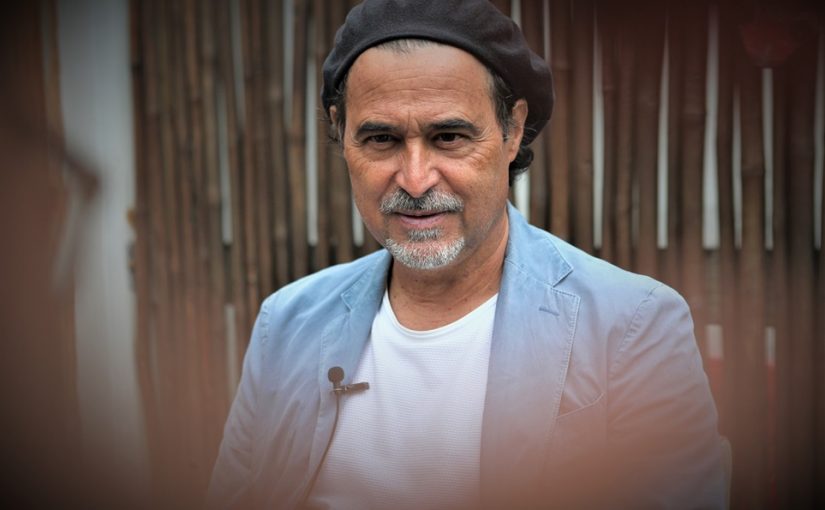
Writer José Eduardo Agualusa poses for a photograph during an interview with the Lusa news agency in Maputo, Mozambique, October 15, 2024. [Photo: Luisa Nhantumbo/Lusa[
Angolan writer José Eduardo Agualusa today criticised presidential candidate Venâncio Mondlane for having declared himself the winner of the October 9 general elections, arguing that he demonstrated “an attitude of little democratic maturity”.
“I do not think it is right that he proclaimed victory before there were definitive results, and that he even threatened to subvert the constitution and the electoral process. This is not something you do, it is not right, it is not correct and it cannot be accepted,” Agualusa argued in an interview with Lusa in Maputo.
Despite being born in Angola, the writer has been living in Mozambique for several years. He will launch his new book in Portugal on October 25.
Venâncio Mondlane, supported by the Optimistic Party for the Development of Mozambique (Podemos), declared himself the winner of the elections for President of the Republic on October 10 based on the results of voting minutes and notices processed by his candidacy.
“We are making a public declaration of victory in light of the original, true minutes and notices that have reached us,” the candidate said.
Asked to comment on this announcement, Agualusa said that it is “an enormous irresponsibility”, highlighting that the politician even threatened the international community that was in Mozambique on an electoral observation mission.
“An attitude like this cannot be accepted. He lacks democratic maturity, especially because he now has responsibilities, that is, even if he doesn’t win [the elections], his results imply greater responsibility,” he added.
The writer argues that the results achieved by Venâncio Mondlane and which have been announced by official bodies also imply his entry into the national political chessboard, and that Mondlane cannot be “ignored” by the Mozambique Liberation Front (Frelimo, the ruling party) and the opposition.
“This gives him an increased responsibility. He needs to be more responsible in the statements he makes and he needs to be held accountable for those statements,” Agualusa stated, describing Mondlane as “the great revolution” of the current electoral process.
“Without a doubt he is one of the great winners, because no one was expecting him, a man who appears without having a career of years in politics, without even having a party and had to join another and then achieves these results,” he comments.
The writer added that the results that are being announced mean that “Mozambicans are yearning for change”, asking Frelimo and the National Resistance of Mozambique (Renamo, the main opposition force) to study the current electoral process.
“This means that the party in power needs to move towards internal change to respond to the concerns of the Mozambican population and the opposition also needs to find more responsible leaders,” Agualusa maintained.
“We have to think about why this happened. Renamo, in fact, is the big loser in this process and the current leader of Renamo is really the big loser,” the writer concluded.
The general elections of October 9th included the seventh presidential elections – in which the current head of state, Filipe Nyusi, who reached the constitutional limit of two terms, did not run – simultaneously with the seventh legislative elections and the fourth for assemblies and provincial governors.
In addition to Venâncio Mondlane, the following candidates ran in the presidential election: Lutero Simango, supported by the Democratic Movement of Mozambique (MDM, the third parliamentary force), Daniel Chapo, supported by Frelimo, and Ossufo Momade, supported by Renamo.
The vote included legislative elections (250 deputies) and for provincial assemblies and their respective provincial governors, in this case with 794 seats to be distributed. The CNE approved lists of 35 political parties running for the Assembly of the Republic and 14 political parties and groups of citizens voting for the provincial assemblies.



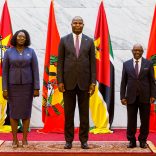

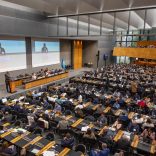
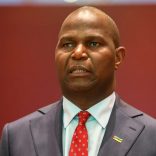
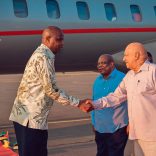




Leave a Reply
Be the First to Comment!
You must be logged in to post a comment.
You must be logged in to post a comment.